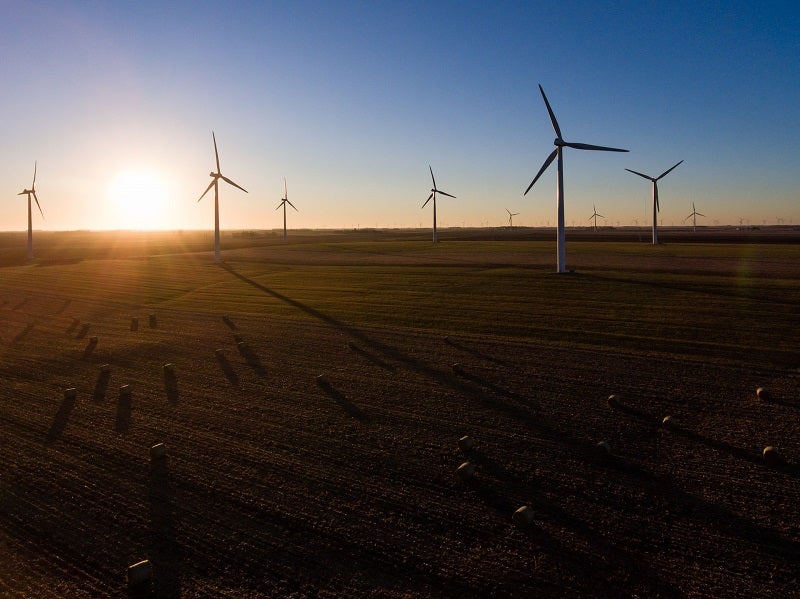
Germany sourced 52.3% of its power from renewable sources for the first six months of 2023, data has shown. This is an increase of 3.1 percentage points compared with the first sixth months of 2022.
The data comes from Germany’s Centre for Solar Energy and Hydrogen Research Baden-Württemberg (ZSW) and the Federal Association of Energy and Water Management (BDEW).
Renewable share was the highest in February, reaching 62% due to exceptionally high wind feed-in. Rates were also high in May, reaching 57%, “mainly due to sunny weather”, the ZSW said.
“Twenty years ago, hardly anyone would have thought it possible that we now generate more than half of our electricity from renewable sources,” said Kerstin Andreae, chair of the BDEW Executive Board in a press release.
“In order for us to be able to live and operate in a completely climate-neutral manner by 2045, we not only need a suitable regulatory framework, but also skilled workers,” she went on.
Germany has set a target for 80% of its energy mix to be made up of solar, wind, biomass and hydroelectric generation by 2030.
“The fact that in Germany renewables already cover more than 50% of the electricity requirement is a success,” agrees Frithjof Staiß, executive director of the ZSW. “However, if you take into account that in order to achieve climate neutrality by 2045, electricity generation must already be based entirely on renewable energies by 2035 it becomes clear that further expansion must take place.”
He called for an “acceleration” of the development of generational technologies and infrastructure.
The data was collected under an EU requirement that countries calculate the renewable share of their energy mix based on usage over production.
Nuclear, coal, natural gas and oil provided 128.4 terawatt-hours (TWh) of output in the first six months of the year, down from 160.0TWh a year earlier. The fall in output follows the closure of Germany’s final three nuclear reactors in April.
The European Commission announced measures in March to triple renewable energy production within the EU by 2030 and reduce its reliance on imported natural gas. Prior to the invasion of Ukraine, Germany imported around half of its gas from Russia.



